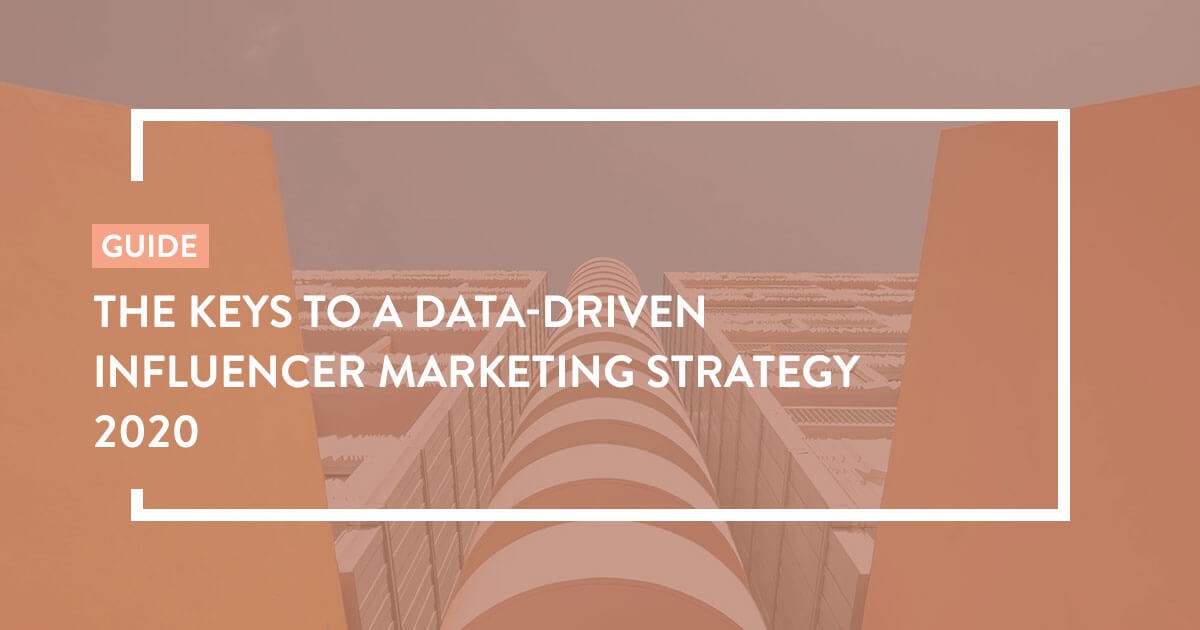Long-lived influencer marketing myths
Although influencer marketing as a field continues to mature, several misconceptions about the industry seem to linger. Doesn’t influencer marketing only work for B2C brands, and isn’t it challenging to measure the effect? In this blog post, we take a closer look at three long-lived myths about influencer marketing and do our best to debunk them with the truth.
Myth #1: Influencer marketing only works for B2C brands
Truth: B2B brands can be just as successful with influencer marketing
B2C brands were definitely the early adopters of influencer marketing, but this marketing approach can benefit almost every product or service – you just need to adjust it to your own specific business and target audience. In the same way influencers can persuade with their authenticity and accessibility, influencers in the B2B field can use their knowledge and experience and act as experts or key opinion leaders (KOL’s). In the end, it’s all about peer to peer or people-to-people, no matter if you’re in the B2C or B2B field.
Myth #2: Influencer marketing is not a reach media channel
Truth: Influencer marketing can prove a great reach channel – just like TV!
>Many marketers firmly believe that influencer marketing should not be used when you’re looking for a high-reach channel. Of course you should not focus exclusively on reach (there are lots of other factors that matter for success!), but it is wrong to say that influencer marketing cannot be compared to a reach channel such as television. Are you still doubtful? Have a look at the audience figures for a popular TV show in your country and compare it to the total views of a youtube video recently posted by an influencer with a large follower base – quite impressing, right?
Myth #3: The effect of influencer marketing is difficult, or even impossible, to measure
Truth: If you know what you want to achieve, the effect of influencer marketing is easy to measure
Those who say that influencer marketing is hard to measure are probably just not doing it right. To be able to measure the effect, you need to define and set up your metrics correctly from day one; whether you want to track engagement, reach, conversion, or something else, this must be clear right from the beginning. In other words, influencer marketing can be easily measured, meaning we can go ahead and debunk this misconception too.



